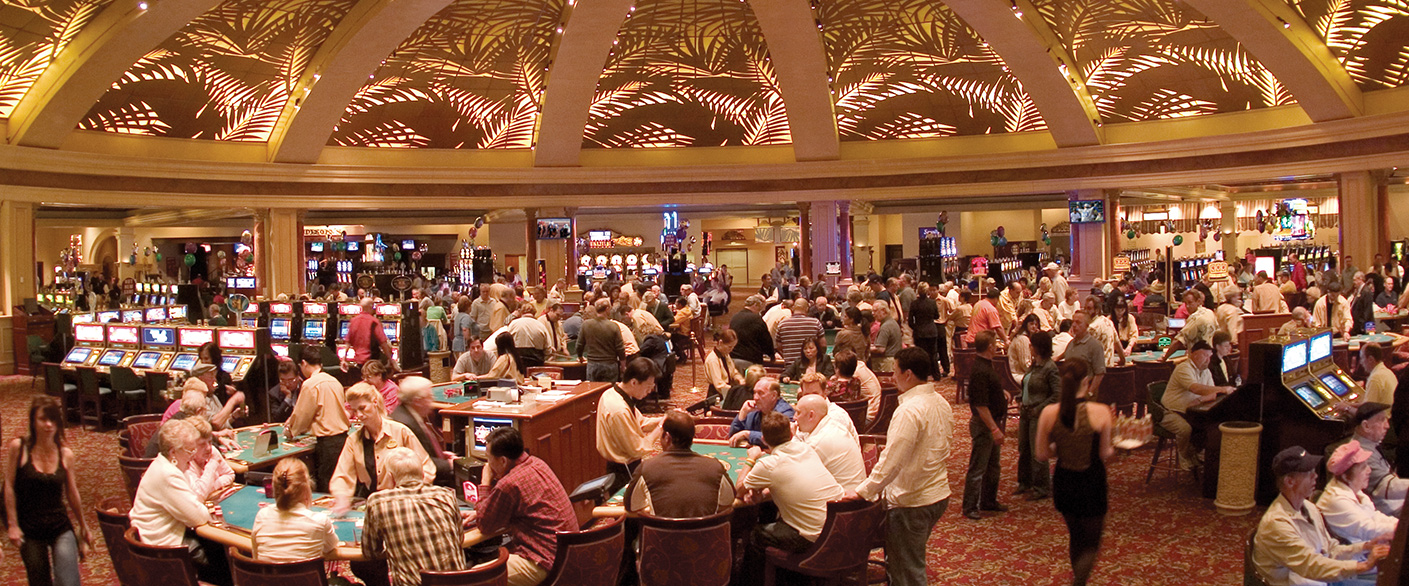
Gambling games have long been associated with the excitement of risk and the anticipation of luck. Many players enter a casino with the assumption that their success hinges solely on luck. However, a deeper investigation reveals that these games encompass much more than just the aspect of luck. Understanding the framework, strategies, and human behavior behind casino games can greatly enhance the satisfaction and improve one’s chances of victory.
Aside from the enticing sounds of revolving wheels and rolling dice, casino games involve a rich tapestry of expertise, methodology, and decision-making. Whether you are engaged in blackjack, poker, or even baccarat, knowing the tactics can significantly influence the result of the game. Moreover, the approach of the gamblers and understanding the probabilities behind each game can shift the scales of success away from mere luck. By understanding these aspects, players can appreciate casino games as a mixture of fun and minigame, transforming their perspective from one of passive involvement to one of active participation.
The fascinating Psychology of Gambling
Comprehending the psychology behind gambling reveals that player conduct is motivated by much more than mere chance. The thrill of risk, immediate reward, and the potential for winning large sums can create a intense emotional experience. Many players become captivated by the thrill, which can lead to a cycle of increased betting and risk-taking, often driven by a hopeful hopefulness that colors their views of winning probabilities.
An additional crucial element of the psychology of casino games is the illusion of control. Numerous players believe that their choices, such as the selection of games or wagering strategies, can significantly influence the outcome. This belief can enhance their engagement and enjoyment, but it also adds to persistent gambling behavior, as players often underestimate the role of randomness in these games. The excitement derived from making choices gives players a sense of involvement, which can be deceptive in terms of grasping the true odds involved.
Furthermore, the environment of the casino holds a crucial role in shaping a gambler’s experience. Factors like illumination, sounds, and the presence of fellow gamblers create a stimulating atmosphere that enhances the thrill of the game. This carefully designed environment can lead individuals to lose track of time and money spent, as they become enveloped in a sensory experience that heightens their affective investment. Identifying these psychological dynamics is essential for comprehending why casino games entice players and continue to them coming back for more.
Skill vs. Chance in Casino Games
In the field of gambling games, the argument between expertise and chance is a significant one. A lot of players are convinced that luck is the dominant factor, especially in activities like slots where results are arbitrary. However, there are games that clearly demonstrate the significance of expertise, such as Texas Hold’em and blackjack, where players can utilize strategies and decisions that influence their overall success. depo288 Understanding the dynamics and intricacies of each game can greatly alter a player’s outcome and results.
The importance of skill becomes evident when considering the various strategies available to players. In activities like Texas Hold’em, for example, players must read their opponents, assess probabilities, and make informed decisions based on their hand and the community cards. This depth of strategy demonstrates how skilled players can consistently surpass novices, proving that winning is not solely based on luck but rather on the application of knowledge and expertise. Similarly, in blackjack, players can use techniques like counting cards to gain an advantage over the casino, further illustrating the significance of expertise.
On the flip side, luck cannot be completely ignored in any gambling game. While expertise can enhance a player’s odds of winning, unpredictable results still play a significant role. Even the most effective strategies can break down due to the random character of card draws or spins. This interplay between skill and chance creates a lively gaming environment where players must adapt and respond to random events while also utilizing their abilities. Ultimately, effective gambling gaming is a blend of both factors, contributing to the complexity and thrill of the experience.
Tactics for Success
To excel in gambling, players must grasp the value of developing a system tailored to the distinct title they are playing. Each title has its own set of rules, chances, and nuances that require a considerate approach. For example, in titles like blackjack, players can use techniques such as card counting to make more informed decisions and enhance their odds of winning. Grasping the likelihoods and returns associated with each game can allow players to make smarter choices and improve their overall gaming experience.
Money management is another essential strategy that cannot be missed. Players should set a spending plan for their gaming sessions and adhere to it. This promises that they do not go overboard and helps keep a level of control over their play behavior. Deciding in advance what to stake and when to stop can avert emotional decisions that frequently cause significant losses. Prudent bankroll management allows players to savor casino games without the anxiety of overextending financially.
Finally, drawing lessons from gameplay and observing other players can provide valuable understanding. Many successful players dedicate time evaluating not only their personal play but also that of fellow players. This scrutiny can expose new methods and methods, ultimately resulting in better choices. Engaging in self-reflection after gaming sessions helps players recognize what succeeded and what failed, permitting them to adjust their strategies over time. By combining knowledge, focus, and observation, players can enhance their probability of success in gambling.
